Equal access: an audio recording of this blog post can be found here.
I know I’m not alone among expats watching the Occupy Central movements in Hong Kong. More than the handover in 1997, it’s been making very compelling live television, because this isn’t about politicians and royalty, but about everyday Hong Kong people.
I Tweeted tonight that if I were a student there, I’d be joining in. While the idea of direct elections is a recent development—they started in 1985 for the Legislative Council, it’s important to remember that all UN member nations should permit its subjects the right of self-determination. It doesn’t matter when they started, the fact is they did. The latest protests aren’t about Legco, but the election of the Chief Executive—the successor to the role of Governor—which Beijing says can only be for candidates it approves.
Legal arguments aside, protesters are probably wondering why they could enjoy free and fair elections under colonial rule from London, and not by their own country from their own people.
I cannot speak for Beijing, but their perspective is probably more long-term: in the colonial days, the Legislative Council was appointed by London, not voted by Hong Kong subjects, for most of its existence. The Governor was always appointed by London. Surely what it is proposing for 2017 is far better?
And given that the Chief Executive currently is selected by an election committee of Beijing loyalists, then 2017 presents something far more open and akin to universal suffrage.
Those are the issues on the surface as I understand them, but they ignore some of the history of Hong Kong.
Hong Kong was a backwater until 1949, when the Communists revolted, and refugees poured in. My father was one of them, having made the trek from Taishan with his mother and sister. Other members of the family had got there on other journeys. The stories can happily fill chapters in a novel.
He recalls in his first days in Hong Kong, police officers had three digits on their shoulder. ‘I don’t know how many policemen there were,’ he recalls, ‘but there couldn’t have been more than 999.’
Hong Kong’s population swelled, and the colonial authorities found a way to accommodate the new arrivals.
I don’t have the exact figures but at the dawn of the 1940s, the population of Hong Kong was 1·6 million, and it was close to 2½ million in the mid-1950s. When I left in 1976, it was 3 million.
The reason most people went there and risked their lives to escape the Communists: freedom. Most were skilled workers and farmers fearing prosecution.
Dad recalls that in the lead-up to the family home and farm being seized things were getting tough at school, with false accusations made against him by teachers and students. The vilification of land-owning families had begun.
The day he left, he saw a notice on the front door and the family departed for Hong Kong, where my paternal grandfather already had contacts from his military days.
Assuming a million people came across from the People’s Republic of China, then it’s not hard to imagine a sizeable part of the modern population of Hong Kong to have grown up with negative impressions of Beijing.
Those same impressions saw to the mass exodus of Hong Kongers in the lead-up to the handover, with most expecting doom and gloom despite assurances under the Basic Law—though of course many have since returned to Hong Kong since things hadn’t changed as badly as they feared.
They were the reasons my parents left in 1976. My mother simply thought a generation ahead and figured that by the 1990s, it would be hard to leave Hong Kong since some western countries would start going on about yellow peril again. (She was right, incidentally.)
While in the post-colonial days, there is more contact between Hong Kong and the rest of China, it will take a while for those impressions to subside.
It would be fair to say that culturally, we are predisposed to taking a long view of history, and the Cultural Revolution and the mismanagement of the economy in the earlier days of the People’s Republic stick in our minds.
Even if the PRC proved to be a benevolent nation and made no wrong moves since 1997, the suspicion would remain.
It hasn’t been helped by June 4, 1989 and its aftermath, continued censorship within China, and, more recently, some Hong Kongers feeling that they’re a second class in their own city when mainland tourists pop over for a holiday.
Then you get people like me who cannot understand a word of Mandarin, which these days tends to be the second language many people learn. When the language of the colonials is easier to grasp, then that doesn’t bode well for our northern friends. There’s a sense of separation.
This may explain a natural resistance to Beijing, because the way of life that the Chinese Communist Party envisages is so very different to what Hong Kongers believe they should enjoy.
Scholarism, meanwhile, from which Occupy Central has spawned, has come from this culture: a group protesting the introduction of ‘moral and national education’ as a compulsory subject in Hong Kong. The subject was seen by opponents to be pro-communist, with the teaching manual calling the Communist Party an ‘advanced, selfless and united ruling group’.
It’s hard, therefore, for Hong Kongers who grew up in this environment not to be suspicious of Beijing.
That explains the solidarity, the sort of thing that would have inspired me if I was a young uni student today in Hong Kong.
Now we are looking at two sides, neither of which is famous for backing down.
One possible resolution would be for Beijing to accede yet bankroll a pro-Beijing candidate come 2017, which could, in the long term, save face, but provide the protesters with a short-term victory. It’s not what they are fighting for—they want everyone to be able to stand for the post of CE—but it may be one way events will play out.
Hong Kong isn’t prepared to risk its economic freedom and progress, and it remains proud of its stance against corruption which has helped the city prosper. Citizens also place faith in the rule of law there, and the right to a fair trial.
Beijing, meanwhile, isn’t prepared to risk the danger of an anti-communist CE being elected and having that trip up the development of the rest of the nation.
I have to say that such a fear is very remote, given the overriding desire of Hong Kongers to get ahead. If Hong Kongers are anything, they are pragmatic and ambitious, and a Chief Executive who is imbalanced to such a degree would never get elected. With the rise of the orient and the sputtering of the occident, the “competing” ideas aren’t so competing anyway. The United States and Australia have laws either enacted or at the bill stage in the name of national security that they can hardly serve as an ideal model for democracy. After all, Edward Snowden went to Hong Kong first.
The Cold War is over, and what is emerging, and what has been emerging, in Hong Kong and the rest of China since the 1990s has been a distinct, unique, Chinese model, one that has its roots in Confucianism and which takes pride in the progress of the city.
The ideal Chief Executive would more likely be a uniter, not a divider, balancing all sides, and ensuring those they represent a fair go. They would be a connecter who can work with both citizens and with Beijing.
Under my reading, there shouldn’t be any concerns in Beijing, because pragmatic Hong Kongers would never elect someone who would risk their livelihoods or their freedoms.
And when Beijing sees that such a development can work in Hong Kong, it could be a model to the rest of China.
Taiwan, too, will be watching.

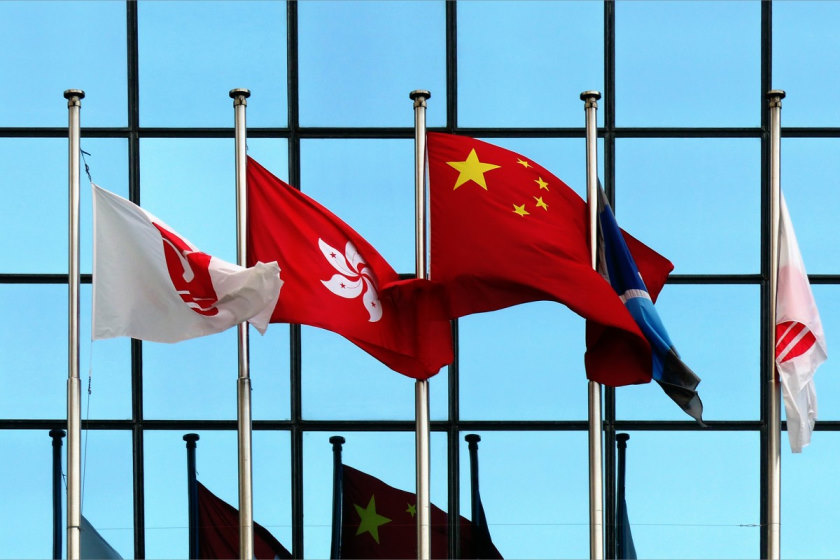
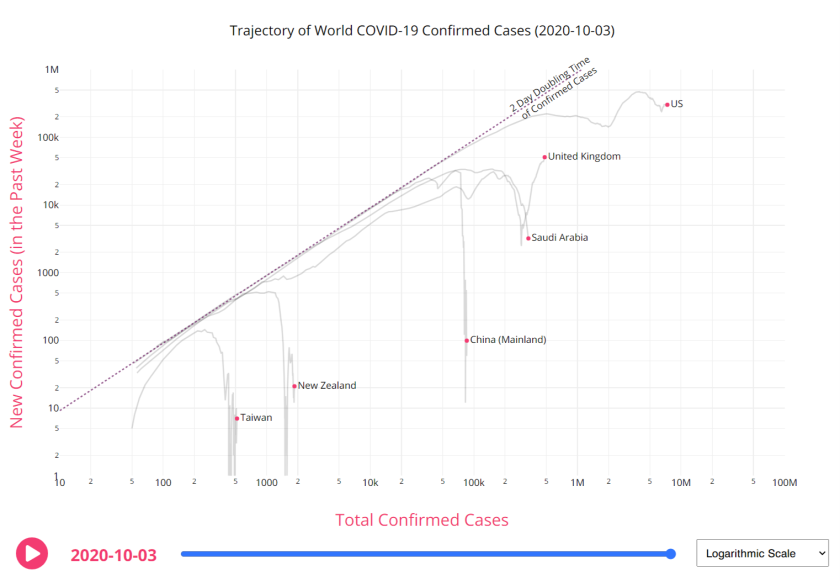
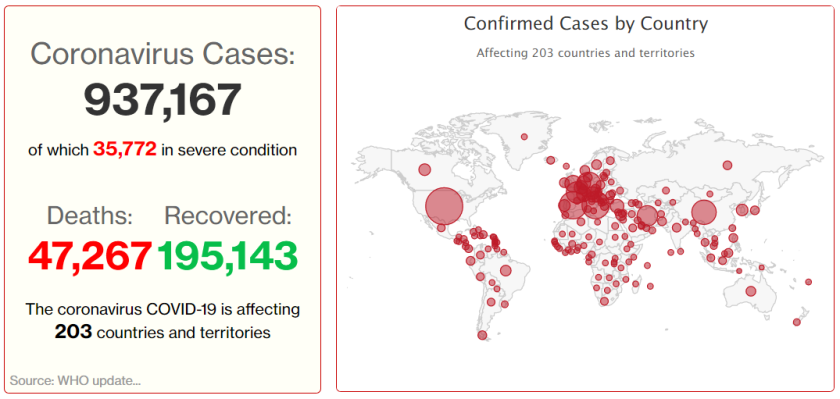
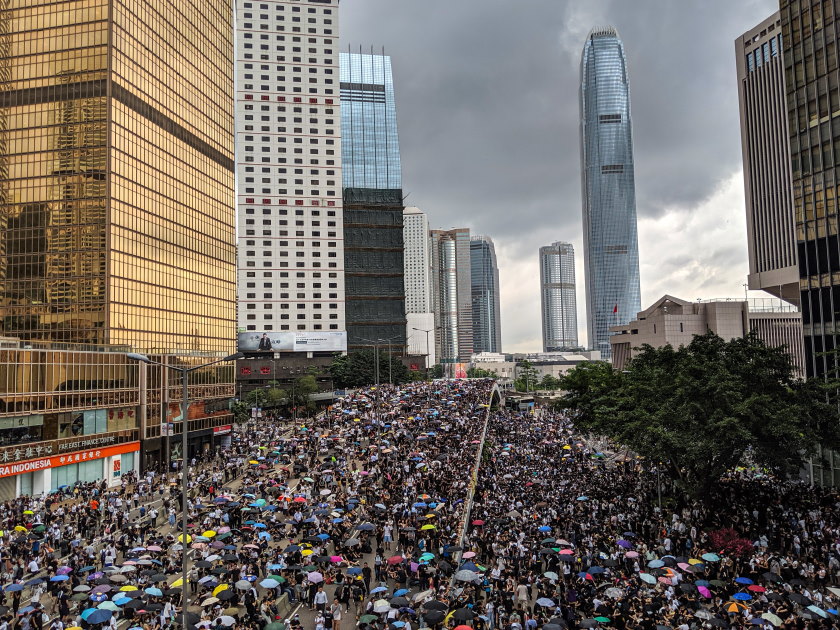
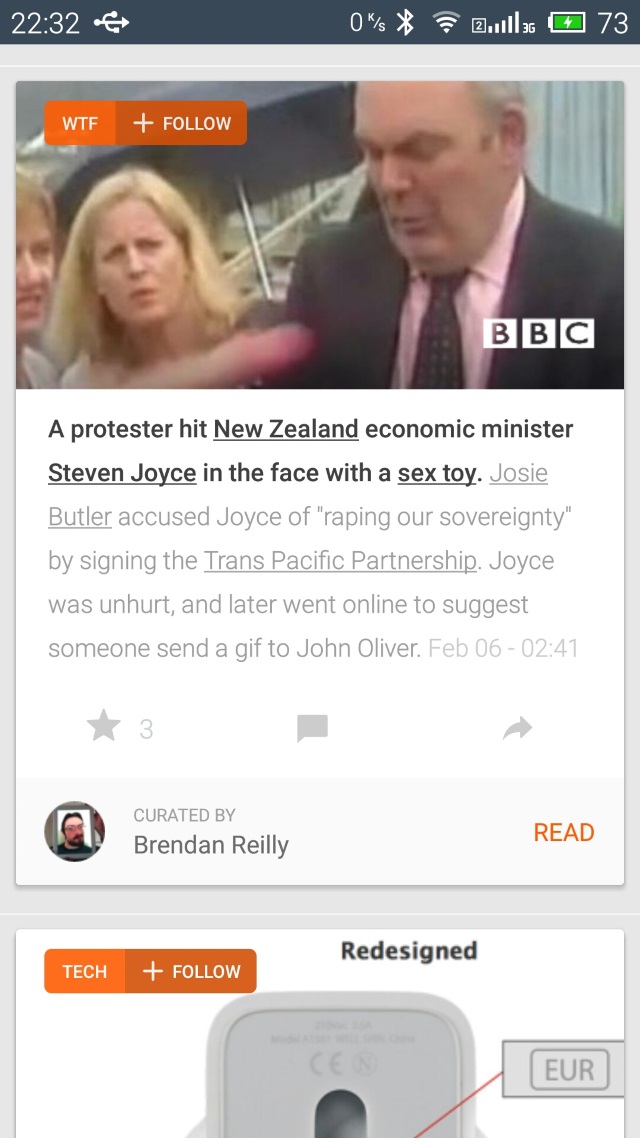
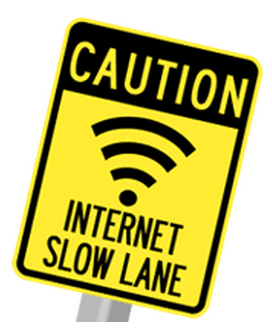
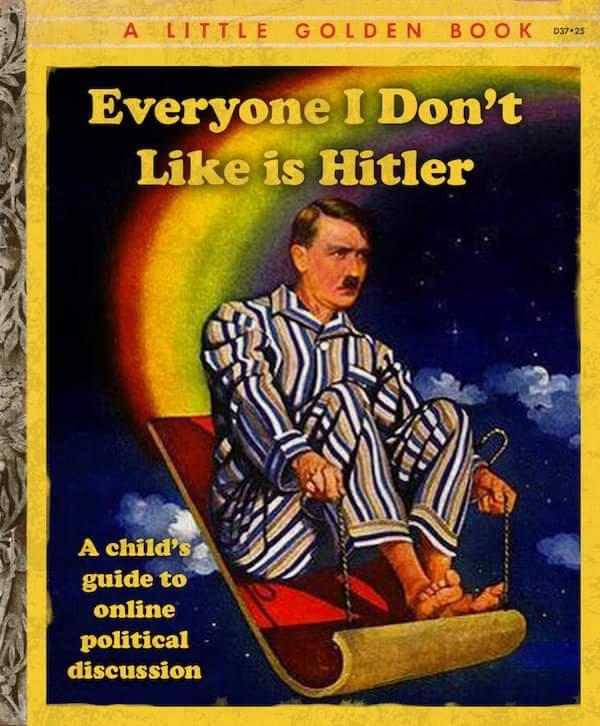
One thought on “An expatriate’s view of Occupy Central and what Hong Kong wants”